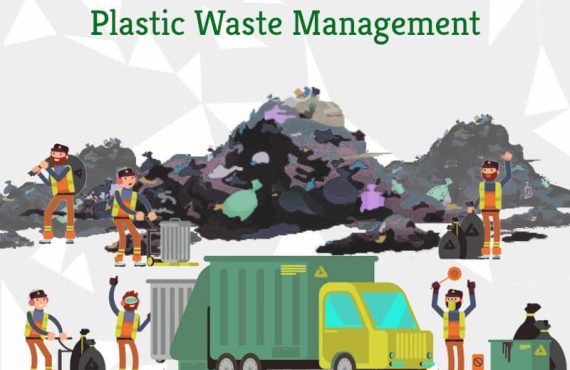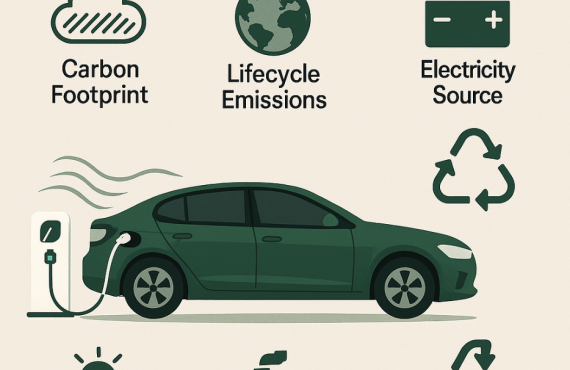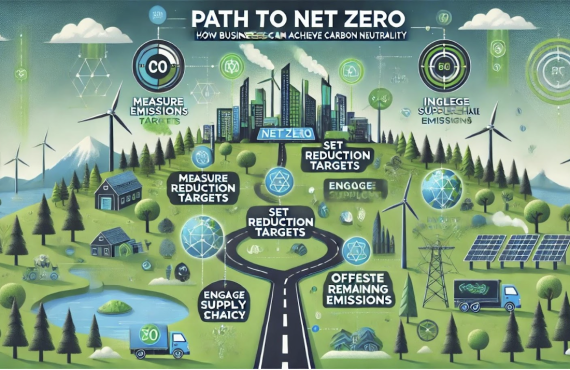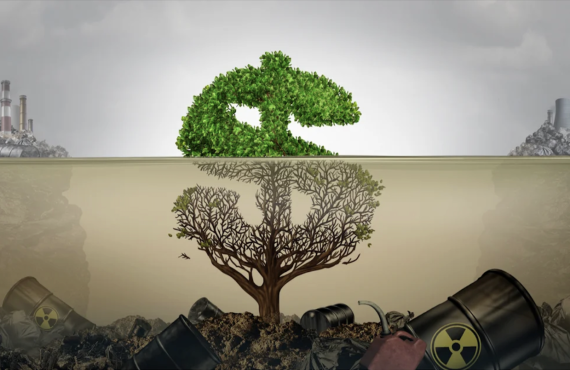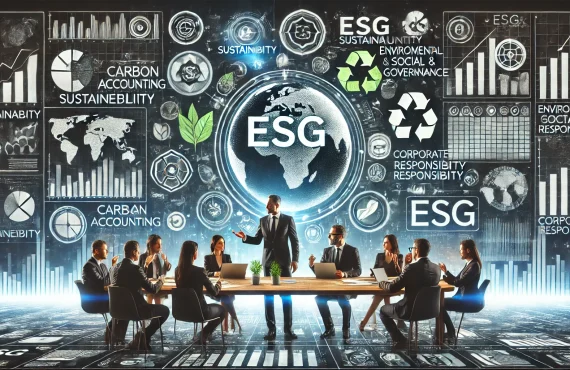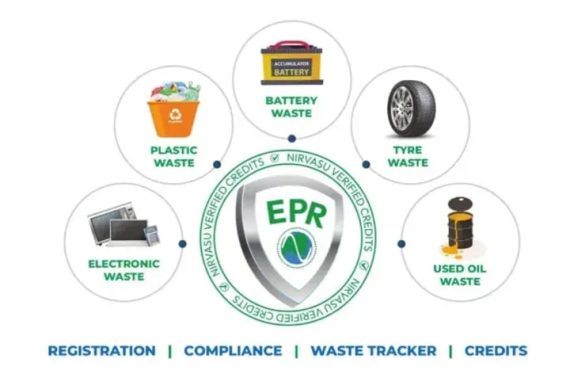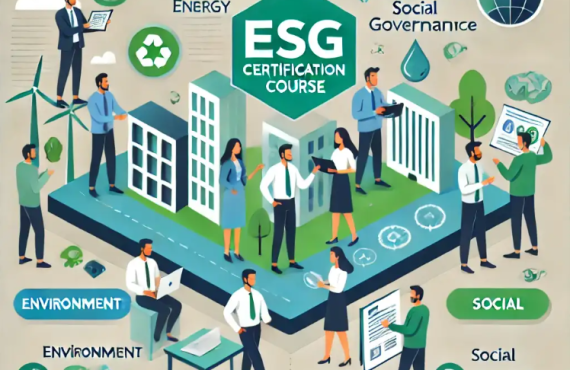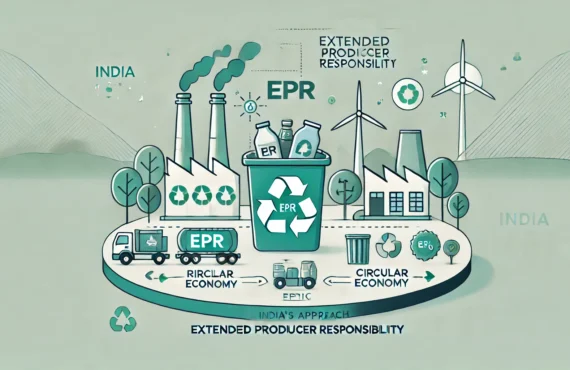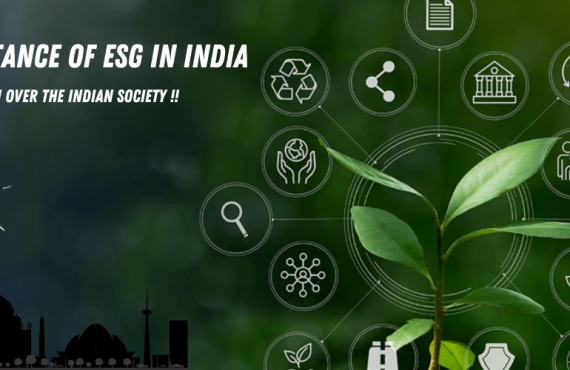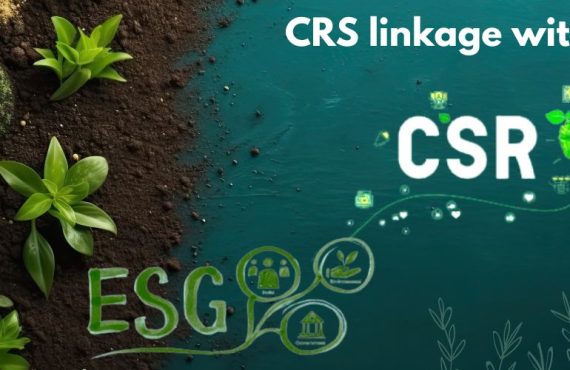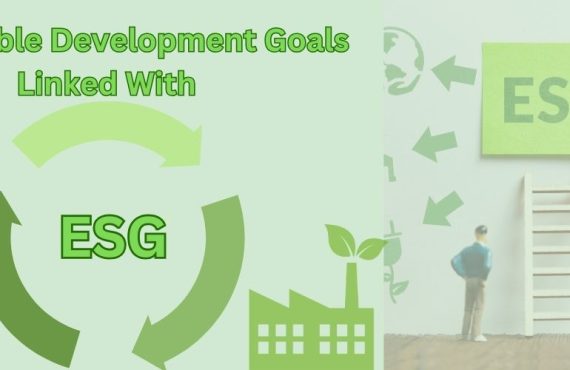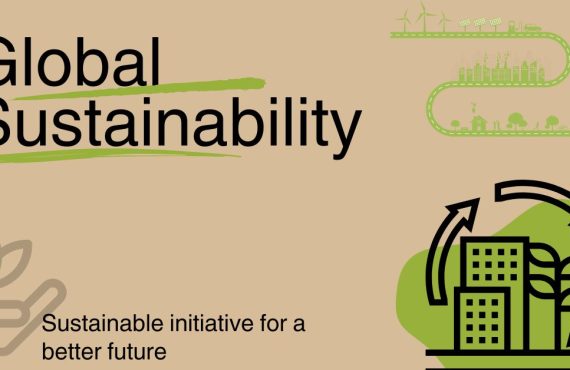The Future of BRSR Reporting in India: Paving the Path to Responsible Business
India’s corporate world is buzzing with a new mandate that is set to redefine business responsibility and transparency—the Business Responsibility and Sustainability Reporting (BRSR) framework, introduced by the Securities and Exchange Board of India (SEBI). This framework is more than just a compliance requirement—it represents a proactive approach toward sustainability and responsible business practices. This revolutionary initiative has put sustainability reporting in the spotlight, positioning India as a global leader in Environmental, Social, and Governance (ESG) practices.
What is BRSR?
The Business Responsibility and Sustainability Report (BRSR) is an evolved framework designed to help Indian companies disclose their environmental, social, and governance (ESG) performance. Unlike traditional Corporate Social Responsibility (CSR) reporting, BRSR dives deep into sustainability metrics, aiming to provide a transparent and holistic view of a company’s impact on society and the environment. With SEBI making BRSR mandatory for the top 1,000 listed companies by market capitalization, the framework is set to reshape how businesses approach responsibility and sustainability. BRSR takes a systematic approach to evaluate a company’s responsibility practices across environmental stewardship, ethical conduct, employee welfare, and community engagement. With BRSR, businesses are not just asked to comply but to commit to real, measurable progress!
Inside the BRSR Framework: Key Sections for Holistic Disclosure
Section A: General Disclosures
This section provides foundational information about the company, including organizational structure, workforce composition, board diversity, and corporate presence across locations. Section A establishes a baseline for stakeholders to understand the company’s operational scope, highlighting aspects like subsidiary networks and demographic diversity.
Section B: Management and Process Disclosures
Section B focuses on corporate governance and leadership accountability. Here, companies disclose their management’s commitment to ESG, detailing the board’s ESG responsibilities, decision-making frameworks, and risk management strategies. This section emphasizes that corporate leadership should be directly accountable for a company’s environmental, social, and governance performance.
Section C: Principle-wise Performance Disclosures
This section evaluates a company’s adherence to BRSR’s nine guiding principles of responsible business. It dives into specific, measurable performance metrics aligned with each principle, allowing stakeholders to assess a company’s commitment to environmental stewardship, fair labor practices, community engagement, and ethical governance. This thorough breakdown enables a comprehensive view of a company’s performance across all dimensions of sustainability.
The Heart of BRSR: The Nine Principles of Business Responsibility
At the core of BRSR reporting are the Nine Principles of Responsible Business Conduct, developed to help companies assess and enhance their ESG practices. Let’s take a closer look at these guiding principles:
- Businesses should conduct and govern themselves with integrity
Focus: Integrity and ethical practices as the cornerstone of corporate governance. - Businesses should provide goods and services that are safe and contribute to sustainability
Focus: Sustainable product life cycles and innovations that promote environmental responsibility. - Businesses should respect and promote the well-being of all employees, including those in their value chains
Focus: Fair labor practices, safety standards, and a healthy work environment. - Businesses should respect the interests of and be responsive to all stakeholders
Focus: Building positive relationships with customers, communities, and other stakeholders. - Businesses should respect and promote human rights
Focus: Commitment to uphold human rights within the company’s sphere of influence. - Businesses should respect, protect, and make efforts to restore the environment
Focus: Environmentally conscious practices and pollution prevention. - Businesses should be accountable for responsible public policy advocacy
Focus: Engage in advocacy that aligns with public welfare and sustainability. - Businesses should promote inclusive growth and equitable development
Focus: Economic inclusivity and community impact through CSR initiatives. - Businesses should engage with and provide value to their customers in a responsible manner
Focus: Responsible marketing, fair pricing, and customer satisfaction.
Each principle serves as a key pillar in building a sustainable and responsible business framework that aligns profit with purpose.
The Future of BRSR Reporting in India: A Move Towards Transparent and Sustainable Business Practices
As India embraces the BRSR framework, we’re on the brink of a new era in corporate responsibility. Here’s what the future holds for BRSR reporting in India:
1. Rise of ESG-Driven Investments
Investors are increasingly focused on ESG metrics to make informed decisions. With BRSR offering a standardized, transparent format, investors will be able to assess the ESG performance of companies more easily, leading to a surge in ESG-driven investments.
2. Alignment with Global Standards
As global regulators push for consistent ESG standards, BRSR positions India to align with frameworks like the Global Reporting Initiative (GRI) and the Sustainability Accounting Standards Board (SASB). This alignment is set to boost Indian companies’ attractiveness on the global stage.
3. Enhanced Corporate Governance
With BRSR reporting emphasizing transparency, businesses are strengthening their internal governance structures. This focus on accountability and responsibility will enhance the reputation of Indian corporations globally.
4. Contribution to the Sustainable Development Goals (SDGs)
BRSR supports the United Nations’ Sustainable Development Goals (SDGs), helping India achieve its targets on climate action, economic growth, and social equity by 2030. Through BRSR, Indian companies will play a pivotal role in addressing these critical global challenges.
5. Building Consumer Trust
Consumers are increasingly mindful of a company’s environmental and social impact. BRSR transparency allows consumers to choose brands that align with their values, fostering brand loyalty and consumer trust. In an age where trust is key, BRSR helps businesses create a deeper, more meaningful connection with their audience.
Key Takeaways for Indian Businesses: Embracing the BRSR Opportunity
The transition to BRSR represents a turning point for Indian companies. By adopting BRSR, companies are not only complying with regulatory requirements but also strengthening their brand and competitive edge. Here’s how Indian businesses can approach this new era of responsibility:
- Prioritize ESG Integration: Embed ESG values into corporate strategy and day-to-day operations.
- Engage Stakeholders: Proactively engage employees, customers, and communities in sustainable initiatives.
- Embrace Transparency: Use BRSR to communicate openly about ESG efforts and areas for improvement.
- Adapt and Evolve: Stay ahead of the curve by aligning with global ESG standards and adapting to changing regulations.
Conclusion: BRSR—Driving India’s Sustainable Business Transformation
The BRSR framework is much more than a compliance requirement; it is a powerful tool that brings businesses, investors, and consumers together in the mission to build a sustainable and responsible economy. With the nine principles guiding this journey, BRSR is set to create a profound impact on how Indian companies operate and contribute to society.
As the BRSR framework gains momentum, it will undoubtedly shape a brighter, more sustainable future for India—one where businesses not only grow but grow responsibly. Embracing BRSR is no longer optional; it is a critical step toward ensuring long-term success and resilience in an ever-evolving global market.







